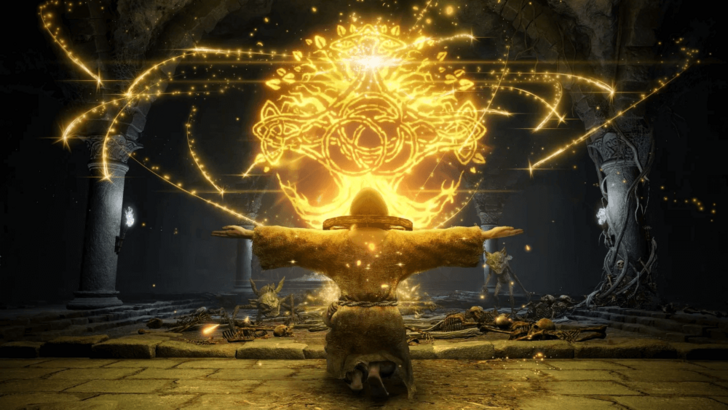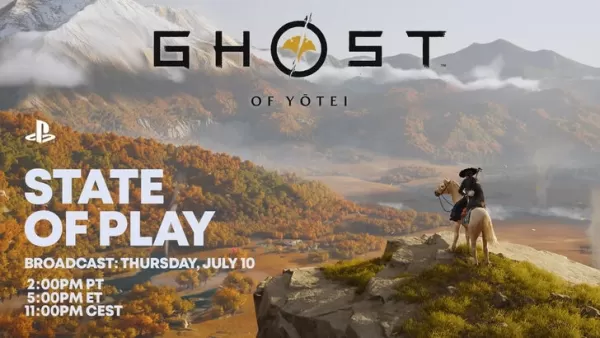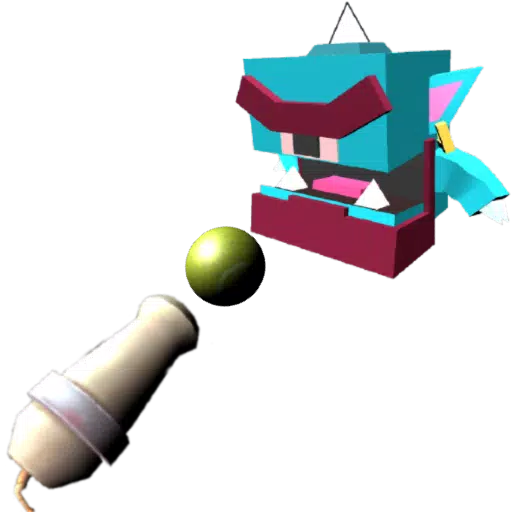
An Elden Ring player, Nora Kisaragi, has filed a lawsuit against Bandai Namco and FromSoftware, alleging deceptive advertising. Kisaragi claims Elden Ring, and other FromSoftware titles, conceal substantial hidden content, obscured by intentionally difficult gameplay. This lawsuit, filed in Massachusetts small claims court, argues that the developers misled consumers by not disclosing this "hidden game."
The plaintiff's argument centers on the high difficulty, suggesting it masks undiscovered content. Kisaragi cites datamined content and developer statements as "hints" supporting their claim, despite lacking concrete evidence. They admit their case rests on interpretation of ambiguous statements from developers like FromSoftware President Hidetaka Miyazaki's comments on humanity in Bloodborne and references to Sekiro’s art book. The core of their argument is that players paid for inaccessible content without knowledge of its existence.
The lawsuit's viability is questionable. While Massachusetts small claims court allows individuals over 18 to sue without legal representation, the plaintiff faces a significant burden of proof. The claim hinges on proving deceptive trade practices under consumer protection laws, requiring substantial evidence of a "hidden dimension" and demonstrable consumer harm. The lack of concrete evidence, coupled with the prevalence of cut content remnants in game development, makes dismissal likely. Even if successful, damages in small claims court are limited.
Despite the long odds, Kisaragi's stated goal transcends monetary compensation. They aim to force Bandai Namco to publicly acknowledge the existence of this purported hidden content, regardless of the lawsuit's outcome. The gaming community largely views the lawsuit as frivolous, given the unlikelihood of a hidden game remaining undiscovered by dataminers.
















